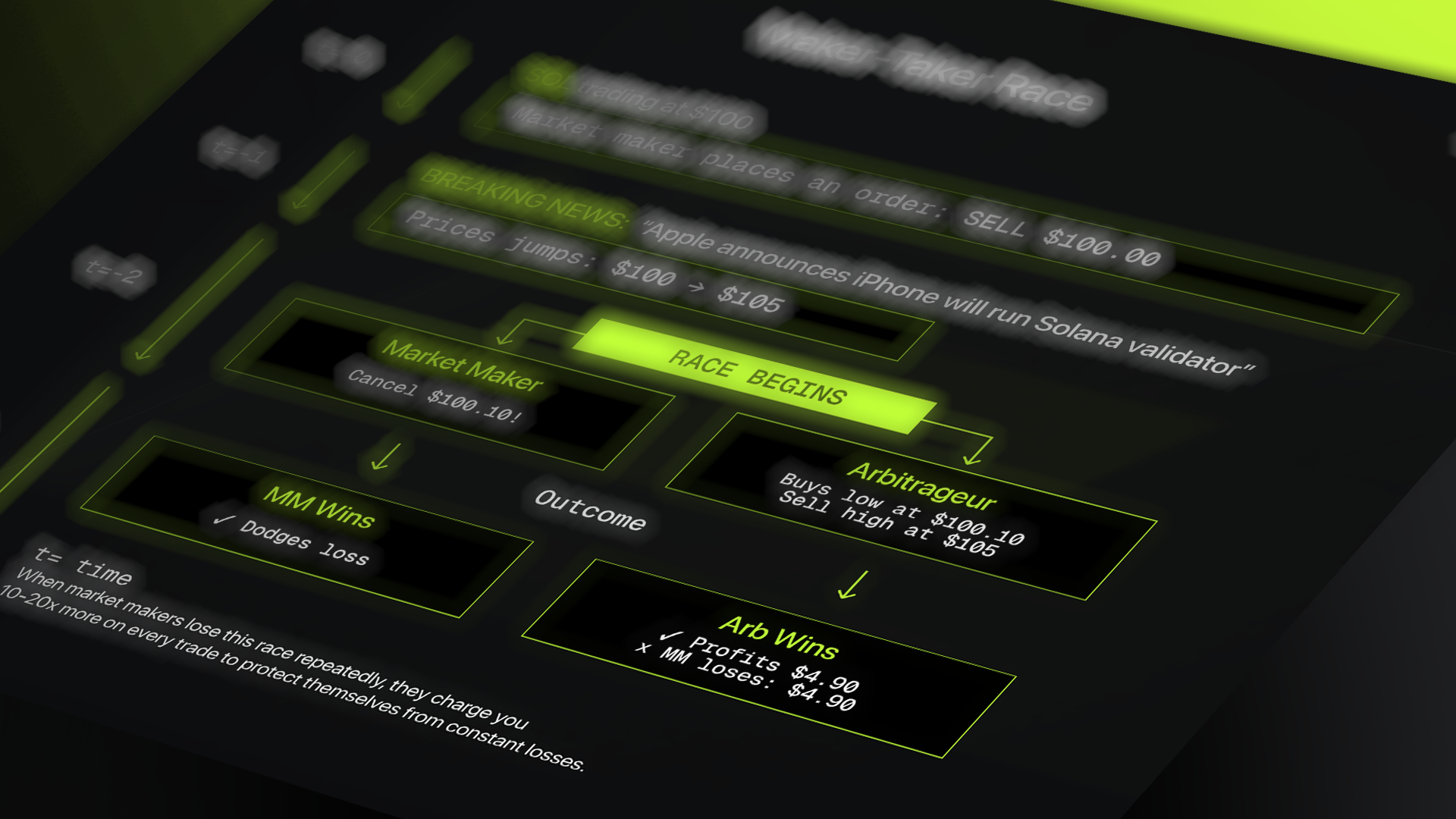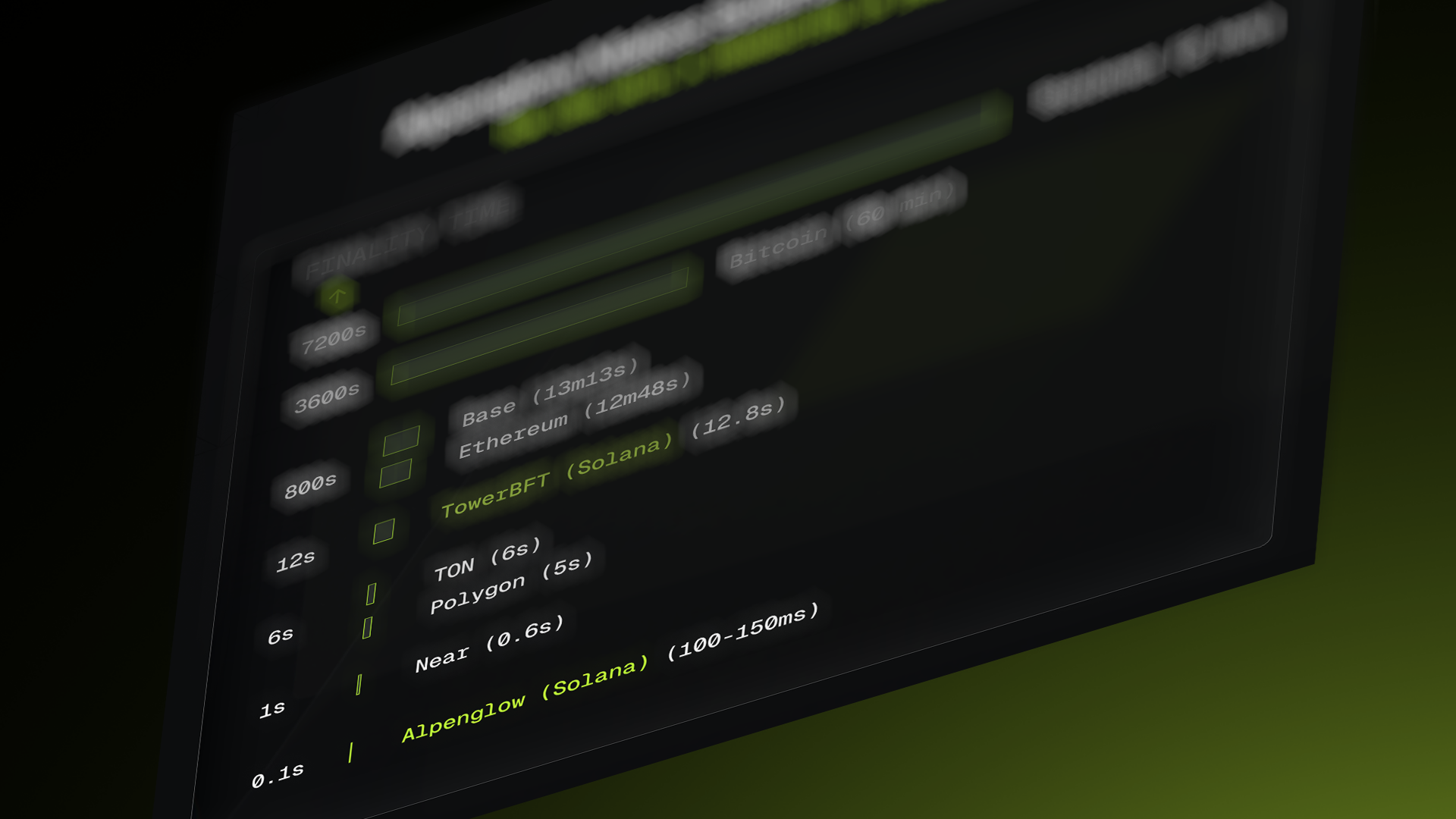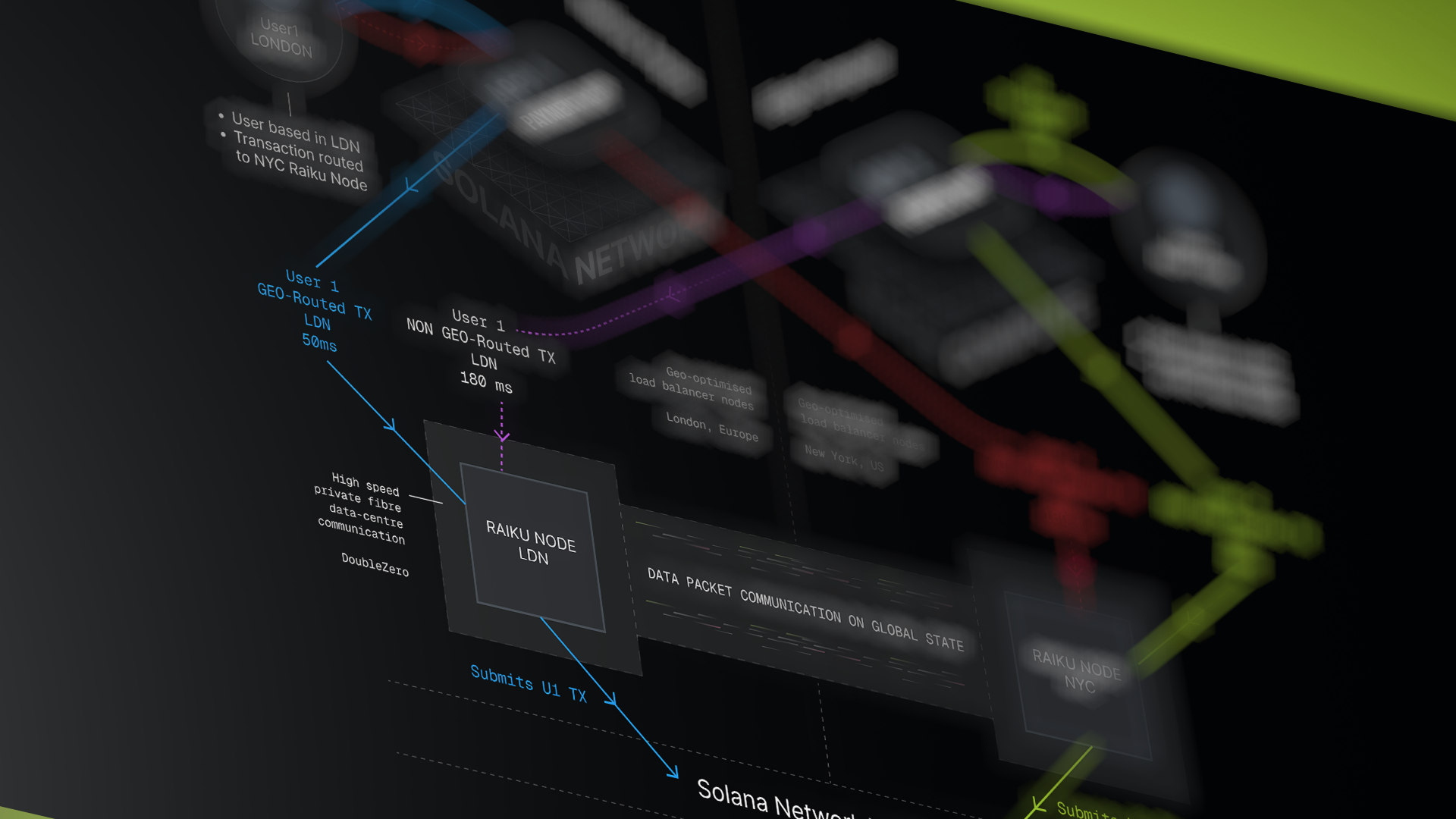Can blockchain gaming finally compete with traditional games?
Current blockchain games struggle with lag, failed transactions, and unpredictable performance. The answer lies in solving timing and reliability issues.
.png)
You're mid-fight in a competitive match when your attack fails to register. Your opponent's move lands instantly while yours gets dropped by network congestion. Game over.
Current blockchain games struggle with lag, failed transactions, and unpredictable performance that traditional games solved decades ago. So how can blockchain gaming finally compete with traditional games? The answer lies in solving timing and reliability issues.
This article explores how guaranteed transaction timing could unlock blockchain gaming's true potential and examines the infrastructure innovations making it possible.
The Gaming Infrastructure Problem
Traditional games work because they guarantee consistent performance. When you click, your character moves instantly. When you purchase an in-game item, the transaction completes immediately. When you join a multiplayer match, thousands of players participate from around the world, without lag.
Blockchain gaming hasn’t yet met these expectations. During network congestion, as bot activity overwhelms validators, legitimate gaming transactions get randomly dropped, and even high-priority transactions fail when needed. Players experience sudden lag spikes, purchases fail, and the fun stops.
For gaming, timing failures can also create cascading issues. A 500-millisecond delay means missing critical shots or being locked out of a tournament altogether.
How Raiku Enables Reliable Gaming
Raiku addresses these challenges through guaranteed transaction inclusion designed for time-sensitive gaming applications.
Gaming applications can reserve specific execution slots and guarantee transaction timing through Raiku. Competitive games ensure consistent player actions, in-game economies process purchases reliably, and cross-game asset networks transfer items with certainty.
The system provides two execution paths: Just-in-Time (JIT) for immediate actions requiring sub-second timing, and Ahead-of-Time (AOT) for scheduled events like tournament starts. Both paths provide pre-confirmations that guarantee execution before Solana consensus begins.
This solves gaming's core infrastructure problems:
- Competitive multiplayer games get guaranteed response times under 30ms.
- In-game purchase systems receive reliable transaction inclusion even during network congestion.
- Cross-game asset transfers complete deterministically.
Key Gaming Applications
Millisecond-Synchronized Multiplayer
Competitive gaming requires instant response times and reserved bandwidth for fair gameplay. Raiku enables massive multiplayer games with guaranteed transaction timing and reserved bandwidth channels, supporting competitive e-sports, responsive gaming environments with reliable physics simulation, and large-scale battle royales requiring real-time coordination across thousands of players.
The breakthrough is eliminating uncertainty in player actions. When a player shoots, the transaction lands in the next guaranteed slot. When abilities activate, their timing follows deterministic rules rather than network congestion patterns.
Cross-Game Asset Networks
Raiku creates seamless infrastructure for moving digital assets between different game environments through unified state coordination. Players can transfer weapons between a first-person shooter and a role-playing game instantly, with ownership verification maintained through privacy-preserving proofs.
This enables complex game economies with institutional liquidity backing. Asset values become more stable when items can move freely between games, creating deeper markets and more engaging player experiences.
On-Demand Gaming Infrastructure
Game studios need scalable edge compute environments that handle peak loads without performance degradation. With Raiku, studios can scale processing power during peak periods and launch time-limited events with confidence.
Offchain edge compute environments also have an additional benefit: they are fault tolerant. if one game experiences issues, it won't affect other games or the main network, protecting the studio’s overall reputation.
The edge compute model enables fully on-chain fast-paced games where game state updates happen in dedicated environments, isolated from network congestion while maintaining connection to Solana's security and liquidity.
The Path Forward
For blockchain gaming to compete with traditional alternatives, infrastructure must become invisible to players. They shouldn't need to understand gas fees or transaction failures: they should simply experience fast, reliable gameplay.
Raiku's deterministic execution creates this invisibility by guaranteeing that gaming applications behave predictably regardless of network conditions. Players get consistent experiences while developers can focus on game design rather than infrastructure workarounds.
This infrastructure enables the next generation of gaming applications: competitive e-sports with guaranteed fair play, persistent virtual worlds with reliable economies, and cross-game asset networks that create new forms of player value.
The gaming industry demands consistent performance, and Raiku provides the foundation necessary to deliver it at blockchain scale.



